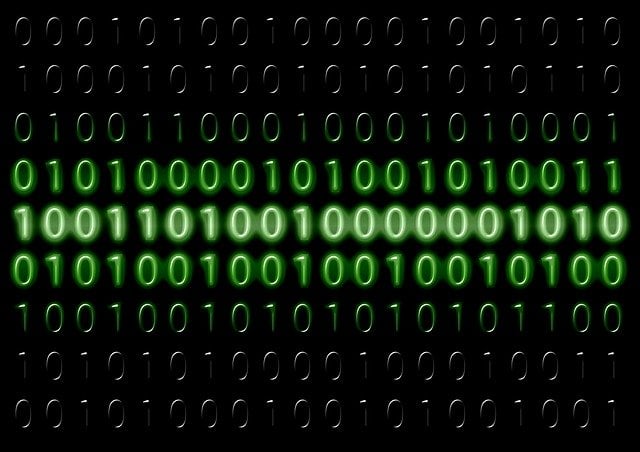What if your Internet Connected Fridge came with free electricity?
A bit of future-gazing which I can't be bothered spinning into a 15,000 word Gartner report.
In the UK we have a competitive electricity market. Only one set of wires comes to your house, but you can buy your electricity from a number of providers. Some only offer organic, corn-fed, Wind Farm power - others promise price stability - another gives you a discount at their electric car chargers - one gives you loyalty points at a supermarket.
We increasingly have smart meters. Second-by-second they measure our energy consumption and report it back to our power suppliers.
Domestic appliances are increasingly coming with Internet connectivity. We may laugh at the "Internet of Shit" - but soon every device we own will come with an app. We will control them from our phones, and they will report back their usage to their manufacturer.
Let's mash these ideas up.
According to the Energy Savings Trusts' report "Powering The Nation" a typical fridge/freezer uses 427kWh per year.
At an average price of 15p/kWh that's an annual running cost of £64.
Suppose your fridge manufacturer buys electricity in bulk at wholesale prices. The current wholesale price per MWh is £40. That's 4p/kWh. Or about £20 to run a fridge for a year.
Would you buy a fridge which costs £100 more but comes with 5 years worth of free energy?
You register your fridge online. It *wavy hand technobabble* talks to your smart meter and tells it how much electricity it has used that day, the sum is deducted from your bill.
Perhaps it does clever things like works out when the spot price for electricity is low and then cools down. Or it keeps your food a little bit warmer when energy prices are high.
Or perhaps it could *mumble mumble* blockchain *something something* cloud computing?
Is this the future? I think so.
I've been reviewing WiFi connected plug sockets which measure how much power an appliance consumes. They cost about $10 per unit at retail pricing. Soon it will be normal to receive an electricity bill which shows you just how much your Playstation 5 costs to run.
Your typical bill will tell you how much energy each of your appliances use. At which point it will become obvious that replacing your old TV with something newer will save you money in the long run.
Tesla gives customers £50 worth of "free" electricity with their cars - but that's only at their branded charging stations.
In the future, a new electric car will come with 10,000 miles worth of "free" electricity when you charge at home. You won't notice an extra £300 on the price of a new vehicle, and the manufacturer can securitise their wholesale energy purchases.
Your appliance talks to your smart meter which talks to your energy provider. With a little bit of thought, this could change how we buy energy consuming products.
 Tech Predictions for 2023
Tech Predictions for 2023 "I'm sorry, Dave. I'm afraid that computation is too carbon intensive."
"I'm sorry, Dave. I'm afraid that computation is too carbon intensive."
Andrew McGlashan says:
I think it would be better for people to get an "allowance" for essential electrical items and if they "spend or use" over the allowance for any particular device, then they pay for the extra usage. But it's a tough thing really, you wouldn't want the government (through taxes) to pay for too many things; it kinda comes back to subsidizing an industry doesn't it? The trouble with bulk purchase is that it makes the non-bulk purchase cost the consumer more and that is less good when we are talking about basic necessities of life, utilities should be much more regulated and fairer for all people, not just those that buy expensive items that have subsidized costs via the manufacturer for limited periods of time. Also, the richer you are, you can always pay your bills without any trouble (unless your life is extravagantly more rich), whilst poorer people get hit with late fees and no pay on time discounts. And no, I don't care for the Internet of Insecure Things. 😉
@otfrom@functional.cafe @Edent@mastodon.social I was fed up with replacing faulty mechanical thermostats every couple of years (the rest of the fridge is ancient, but shows no signs of giving up) and got medieval on the wiring. Added some temperature and door-open sensors.
Then I made a box with a couple of relays and an ESP32 to control the compressor. Basically going down this rabbit hole, with my own hardware: https://www.youtube.com/watch?v=8PTjPzw9VhY
Tracking the electricity price via the @octopusenergy@bird.makeup API was a late addition, purely to see how well it would work (I'm not even on a variable tariff). My main intention was to fix the thermostat and make a fuss if the door wasn't properly closed.
This goofy fridge has a really clever design. It's also kinda terrible.